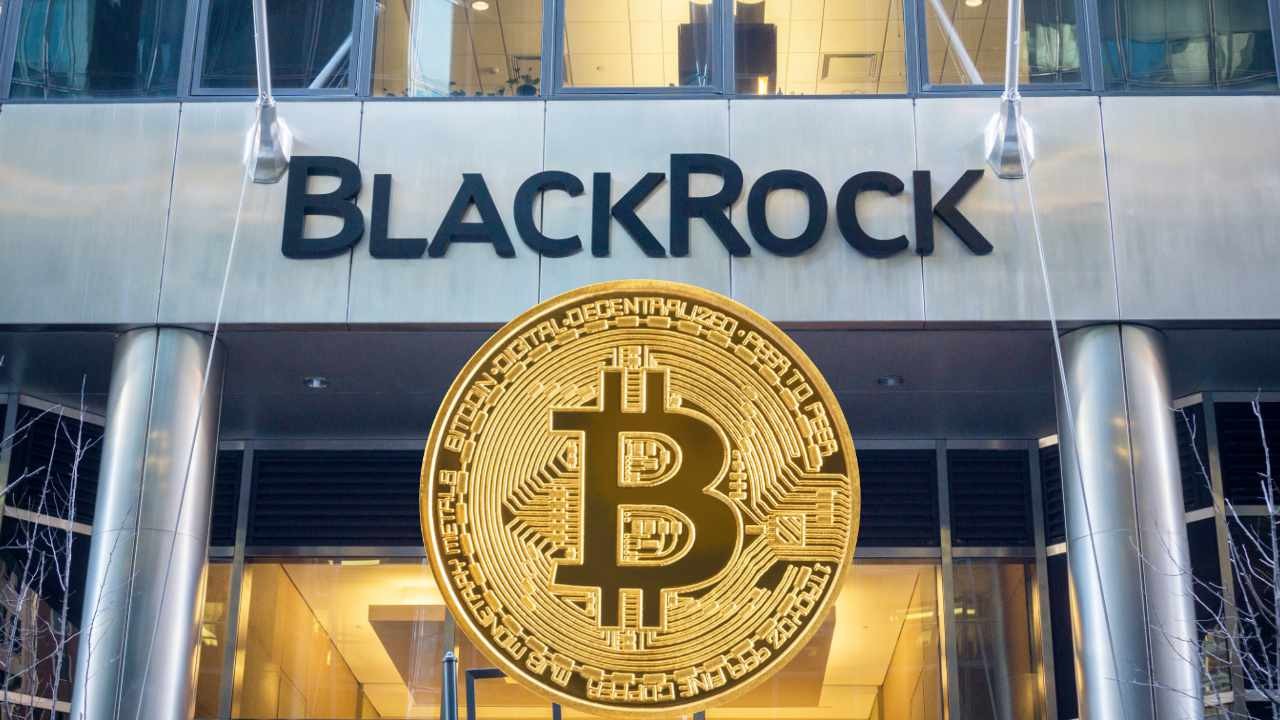Introduction
BlackRock’s iShares Bitcoin Trust has become the largest fund globally for the leading cryptocurrency. According to Bloomberg News, the fund has amassed around $20 billion in total assets since its launch in January in the United States. By Tuesday, the exchange-traded fund (ETF) held $19.68 billion in tokens, surpassing the Grayscale Bitcoin Trust’s $19.65 billion, as per Bloomberg’s data.
Market Impact of New ETFs
The introduction of nine new ETFs in January, including the iShares Bitcoin Trust, significantly altered market dynamics. At the time, Grayscale’s fund had assets totalling about $29 billion. Due to market manipulation concerns, the US Securities and Exchange Commission (SEC) had previously been sceptical of spot bitcoin ETFs. However, these new products received approval in January following Grayscale Investments’ successful legal appeal last year.
Asset Movement and Competitive Landscape
Since the ETF conversion started trading on January 11, Grayscale has experienced a steady outflow of assets. Market observers have closely monitored the asset movements between BlackRock’s ETF and the Grayscale Bitcoin Trust. Despite Grayscale’s initial lead, BlackRock’s rapid ascent in the competitive spot bitcoin ETF market illustrates that early market entry does not guarantee long-term dominance. Aniket Ullal, CFRA’s head of ETF statistics and analytics, highlighted that early entrants might encounter legacy disadvantages.
Challenges and Strategic Advantages
Grayscale has faced challenges, including selling pressure and a 1.5% management fee, significantly higher than the approximate 0.25% average cost of newer competitors such as Fidelity Investments and ARK Investments. In contrast, BlackRock has leveraged its extensive distribution network to reach independent financial advisors and wealth managers. Jay Jacobs, BlackRock’s US head of thematic and active ETFs, mentioned to Reuters that the ETF has attracted significant inflows from the wealth management community and private advisors.
Institutional Support and Future Prospects
Jacobs explained that many early movers transitioned from direct ownership of digital assets to IBIT, with some accounts holding millions of dollars in cryptocurrency. While several hedge funds reported substantial stakes in the new ETFs by the end of the first quarter, other institutional investors remained cautious. Jacobs acknowledged that gaining institutional support will be a gradual process that could take years.
Conclusion
As the competitive landscape for bitcoin ETFs evolves, BlackRock’s iShares Bitcoin Trust has emerged as a major contender. This development underscores the potential for new entrants to redefine market leadership in the cryptocurrency investment sector.
News Reference















Amezing News